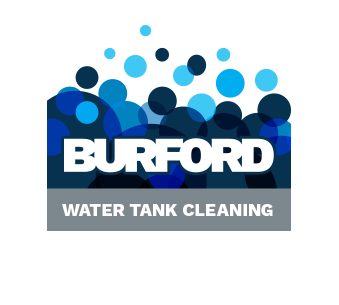Frequently asked questions about water tank cleaning
Here are Leigh Burford’s most frequently asked questions about water tank cleaning.
How often does my water tank need cleaning?
The Ministry of Health recommends cleaning your water supply tank every year for best performance.
In practice, water storage tanks can need cleaning as often as every six months, or up to as long as four or five years, depending on the age and condition of the tank, and what measures are taken to keep contamination out of the tank.
An older tank with direct water run-off from the roof will need cleaning far more frequently than a new tank with a first flush water diverter and downpipe filter, for instance.
Leigh recommends getting the tank cleaned and inspected every two years as a basic rule of thumb, and then see how you go.
My Grandma never cleaned hers and she was always healthy. Are you sure you’re not just making a fuss about nothing?
There’s a lot more information out there now about water-borne diseases, and it’s easier to work out where tummy bugs came from. They don’t just appear out of thin air – they get into our guts from somewhere.
While it’s true that someone drinking contaminated water may build up an immunity to some of the germs in the water, it might also be true that Grandma didn’t consider a discussion about her occasional diarrhoea or nausea to be a suitable topic of conversation!
It’s also true that even though you might build up an immunity to the microbes or contamination in your own water tank, that won’t be the case for any guests you might have.
Children and the elderly are particularly vulnerable to illnesses as their immune systems are not as strong, and when they do get sick, that sickness can be more serious than for a healthy adult.
Read more about common causes of water contamination, and why that’s a problem.
Can’t I clean my water tank myself?
There are products on the market for people to clean their own water tanks. It’s tempting to think that a bit of elbow grease and a bottle of disinfectant will do the job, but for many tanks, that’s just not the case.
Even if you don’t mind spending the day in a dark, confined space, there are health and safety considerations to think about.
Not all tanks are safe to enter, and once you’re in the tank you need to be confident in your ladders and safety equipment to get you out of there.
The other main hazard when cleaning a water tank yourself is if you plan to use bleach or other chemical sanitizers. These chemicals can give off gasses which accumulate inside a water tank, making it impossible to breathe in there, and pose a serious safety risk.
Leigh Burford has the experience to deal with these hazards. He inspects each tank for safety before he even considers climbing into it, and he avoids the use of toxic chemicals altogether.
Leigh’s water-only cleaning approach means no nasty chemicals near your drinking supply and no nasty gasses in your tank.
Leigh has years of experience working with water tanks, and will not only clean your water tank to a high standard, he knows what to look for to make sure your tank will continue to be in good working order for years to come.
Read about Leigh’s method for cleaning water tanks here
Contact Leigh today to talk about your requirements.
